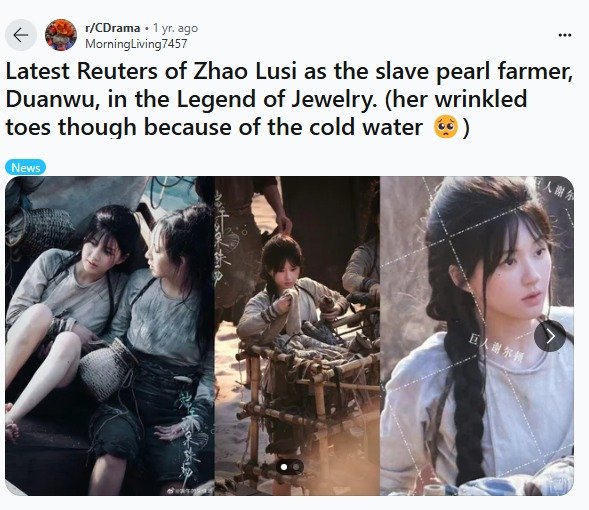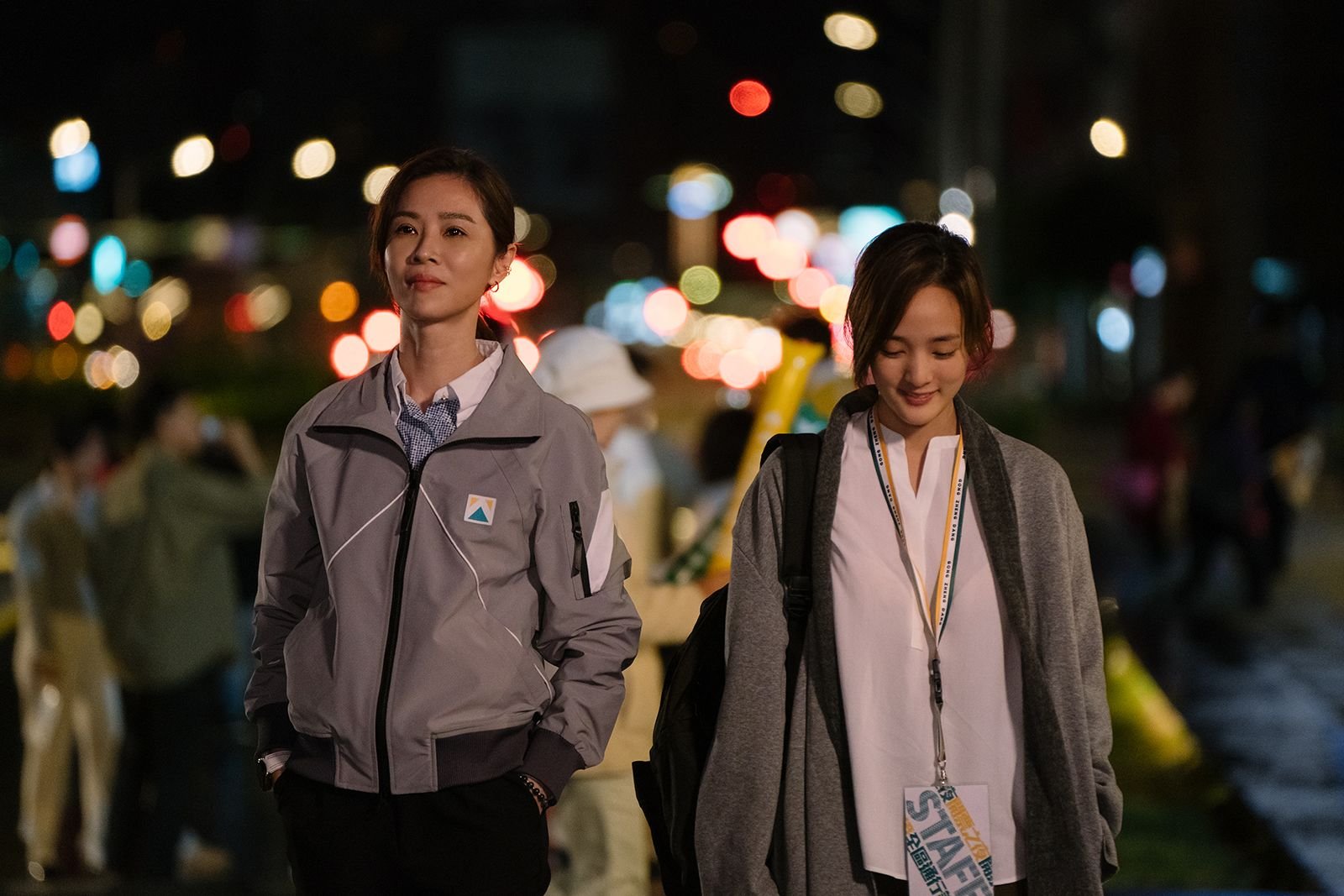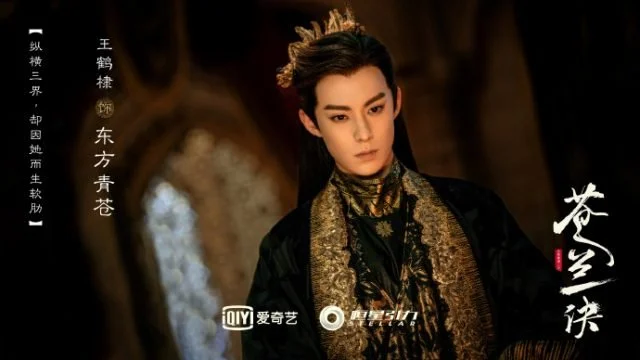Have you ever come across these posts and wondered, what is a “reuters”? Or maybe who is Reuters? Welcome to my petty little beef about the use of that name in C-Dramaland!
Read MoreA Taiwanese political drama on Netflix set off a #MeToo wave across the island that embroiled politicians, diplomats, academics, activists, celebrities, and many others. Half a decade after the movement swept through the U.S. and beyond, Taiwan was finally having its own moment of reckoning. But more than a year later, has anything changed?
Read MoreA Time Called You is a Korean remake of the 2019 Taiwanese series, Someday or One Day. With a story this unique, making it as fresh and original the second time can be a challenge. The elements of suspense and surprise are gone, along with the initial magic of discovery. Any remake is already at a disadvantage right from the start; making comparisons somehow feels a bit unfair. Read my full review here.
Read MoreMy friend Wuulongcha got curious about what happened to Michelle Jiang Jia En (蒋佳恩), who made her debut in 2017 with the drama Chef Fang (花间提壶方大厨). She dug around and ended up writing this insightful post about some of the inner workings of the Chinese entertainment industry.
Read MoreI’ve written here before that I am generally not a fan of voice dubbing in Chinese dramas. But every so often, a voice actor will be matched with a character — and it just works. The results are far superior and the dubbed voice is very much an essential part of the character. Meet Wáng Bǎoshùn (王保顺), the voice behind the character Dongfang Qingcang in the recent hit drama, Love Between Fairy and Devil.
Read MoreWomen continue to face discrimination in China, encountering quotas and other restrictions, even as they try to break barriers in spaces traditionally dominated by men. High profile #MeToo cases have been dismissed, essentially ending in favour of the accused -- and that’s if they even make it that far. Some have been countersued by their powerful accusers, while feminist groups online have been shut down and activists arrested. How is this reality being portrayed in dramas?
Read MoreSince I started watching Asian dramas, I’ve become increasingly curious about the world of subtitles, translators, and voice dubbing. In China, many dramas will employ separate voice artists to dub over the original voices of the actors. Some actors also dub their own voices. Ever wonder why?
Read MoreI wasn’t planning on writing anything about Falling Into Your Smile, but the particularly high rating it’s gotten on MyDramaList and Rakuten Viki by a statistically significant enough number viewers compelled me to offer a counterpoint.
Read MoreIf you love the soundtrack as much as I do, and also love going down mini rabbit holes and getting nerdy about behind-the-scenes production details, my friend Wuulongcha’s latest blog post is for you. I loved the post because it’s exactly the kind of informative deeper dive into C-drama pop culture that is not always accessible to non-Chinese readers, making it a unique and valuable bridge for international fans who want to learn more.
Read MoreXiao Zhan shared a lengthy and deeply personal message exactly one year after the “AO3 227” incident that nearly killed his career. It’s heartfelt reflection on what happened a year ago and the fallout that followed. But why would he even draw attention back to the event at a time when his career appeared to finally be recovering?
Read MoreChinese actor Xiao Zhan penned a very personal open letter about what happened to him a year ago in the AO3 227 incident and what followed. It is a case study in toxic fan culture, China’s idol economy, and the rise and fall — and rise again, of a star.
Read More









